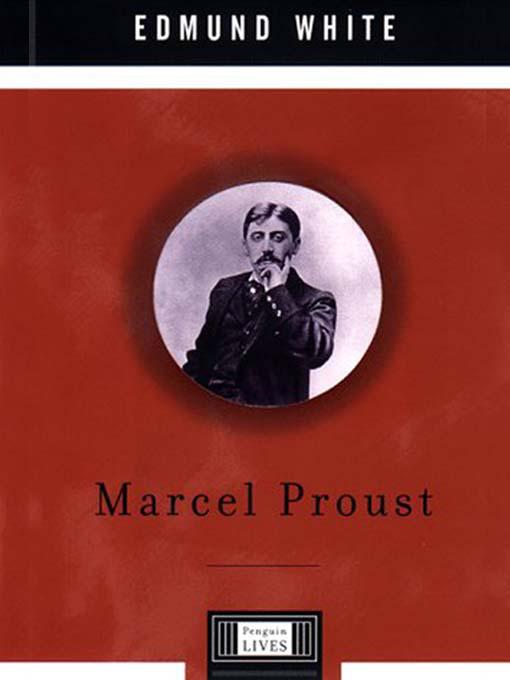
Marcel Proust: A Life PDF
Preview Marcel Proust: A Life
Marcel Proust documented his existence so lavishly--albeit in fictional form--that many of his biographers have functioned as little more than code-breakers, doggedly translating art back into life. It's a great pleasure, then, to welcome Edmund White's slender, superbly artful account. A novelist himself (as well as a biographer of Jean Genet), White beautifully evokes "the France of heavy, tasteless furniture, of engraved portraits of Prince Eugene, of clocks kept under a glass bell on the mantelpiece, of overstuffed chairs covered with antimacassars and of brass beds warmed by hot-water bottles." And he's no less canny at summoning up Proust's personality, in all its neurotic, contradictory glory.
Of course, Proust's life can't truly be separated from his art. Every biography of him is bound to operate in the shadow of Remembrance of Things Past, and White has some shrewd things to say about that mammoth work, whose style he describes as "an ether in which all the characters revolve like well-regulated heavenly bodies." Yet the focus remains on Proust and on his unlikely transformation from momma's boy to social climber to world-class genius. Like his subject, White often proceeds by anecdote. His book is packed with telling, hilarious little nuggets, which find Proust being snubbed by that "powdered, perfumed, puffy Irish giant" Oscar Wilde or luring back his lover Alfred Agostinelli by buying him an airplane.
At the same time, White conveys the considerable pain that Proust endured as an invalid, an artist, and (more to the point) a closeted homosexual. No doubt these factors shaped his rather hopeless take on human affections, which impoverished his life even as they enriched his writing. "Proust may be telling us that love is a chimera," White writes, "a projection of rich fantasies onto an indifferent, certainly mysterious surface, but nevertheless these fantasies are undeniably beautiful, intimations of paradise--the artificial paradise of art." In White's view, this recognition makes his subject not only a supreme poet of impermanence but the greatest novelist of the century. Here, of course, it's possible to quibble. But the world would be an emptier place indeed without Proust's mighty masterpiece--and readers curious about its brilliant, bedridden creator should start with White's witty and exquisite portrait. --James Marcus
From Publishers WeeklyIn this quietly brilliant contribution to the Penguin Lives series (see review of Crazy Horse, p. 58), White has resuscitated the art of biographical appreciation?a form favored by the first generation of writers who could be considered to exemplify a gay sensibility (Walter Pater, Henry James, Edmund Gosse)?and brought it out of the closet. He follows Proust's evolution from social-climbing dilettante to dedicated artist, placing him in the social milieus of high-society Paris and turn-of-the-century arts and letters. As in his acclaimed full-length biography of Jean Genet, White uses the life of his subject to examine the modern history of homosexuality, and he does so with the same combination of earthiness and worldliness that has marked his essays and autobiographical fiction since the 1970s. By now Proust is perhaps the least mysterious of writers, blessed with several good biographies and many excellent studies (helpfully noted in White's bibliography); but while White claims that his work owes "everything" to the most recent of Proust's biographers, Jean-Yves Tadie, no one can match White's sensibility or his sympathy for the subject. His criticisms of Proust's work are consistently trenchant and insightful, and he brings to Proust's life the earned, respectful familiarity of a distinguished acolyte. Alain de Botton's How Proust Can Change Your Life marked a revival of popular interest in Remembrance of Things Past; White's small marvel of economy and organization should supersede de Botton's book as a handy introduction to one of the century's greatest novelists.
Copyright 1998 Reed Business Information, Inc.
